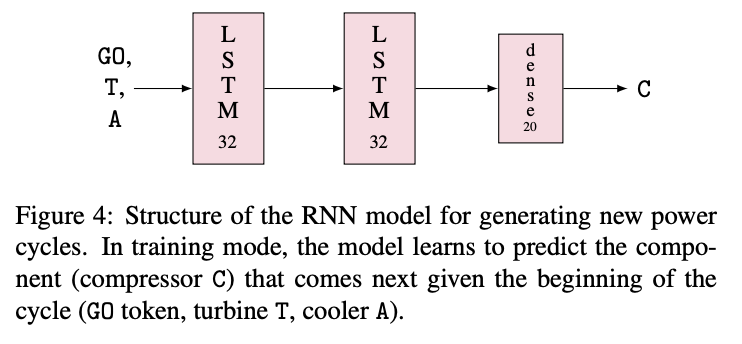Characterization of a Reliability Domain for Image Classifiers
The goal of my thesis was to explore methods for defining a reliability domain that would clarify the conditions under which a model is trustworthy. Three aspects have been considered:


PhD in Machine Learning
Currently looking for an AI Research Scientist/Engineer position!
I recently completed my PhD in Machine Learning from Université Paris-Saclay. I was supervised by Stéphane Herbin (ONERA)
and Faouzi Adjed (IRT SystemX).
My research focused on characterizing a reliability domain for image classifiers. Before that, I worked 2.5 years as a Research Engineer/Data Scientist at EDF China, deploying a fault detection system and deep reinforcement learning agents for district heating systems.
The goal of my thesis was to explore methods for defining a reliability domain that would clarify the conditions under which a model is trustworthy. Three aspects have been considered:

NeurIPS 2024
We transform the problem of calibrating a multiclass classifier into calibrating a single surrogate binary classifier and show that it significantly improves existing calibration methods.

Generative Models for Computer Vision – CVPR 2024 Workshop
We propose an image classifier benchmarking method as an iterative process that alternates image generation, classifier evaluation, and attribute selection. This method efficiently explores the attributes that ultimately lead to poor behavior.

Uncertainty meets Explainability – ECML-PKDD 2023 Workshop
We propose to condition a generative model by a given image classifier uncertainty in order to analyze and explain its behavior.

Artificial Intelligence Safety – IJCAI-ECAI 2022 Workshop
We characterize the failure conditions of image classifiers and generate corner cases by expressing failure conditions as directions in the latent space of StyleGAN2.

Tackling Climate Change with Machine Learning – NeurIPS 2020 Workshop
We propose a deep reinforcement learning agent to optimize the temperature control of district heating systems in China. The agent has been tested on a real-world system.

European supercritical CO2 Conference 2019
In an approach similar in principle to current LLMs, we represent thermodynamic power cycles as sequences of strings and train a recurrent neural network to predict the next character of the sequence. The network is then used to autoregressively sample new cycles.
